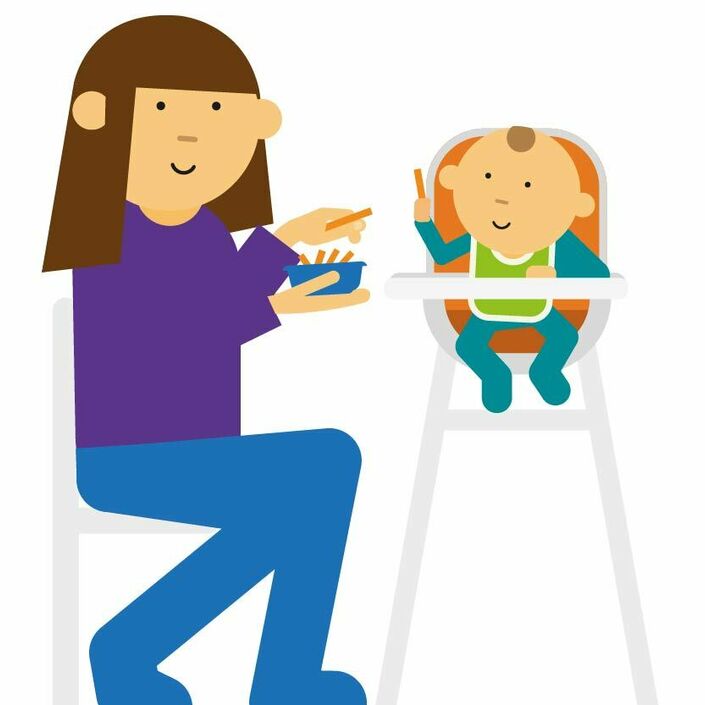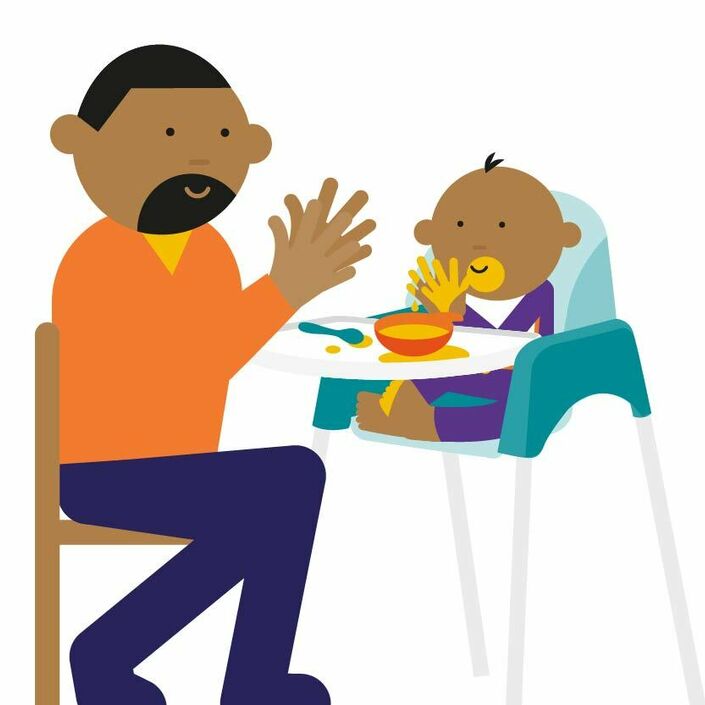This information is about introducing your premature baby to solid foods. This is known as ‘weaning’. You may also hear people call it ‘introducing complementary foods’ or ‘complementary feeding’. These mean the same thing.
The word ‘weaning’ can sometimes also be used to describe stopping breastfeeding or bottle feeding – that is not how we are using the word here. Here it means starting to eat solid foods alongside breast or bottle feeding.
This information has been written by a group of parents and specialist healthcare professionals who work on neonatal units and in the community. They are: dietitians, speech therapists, occupational therapists, physiotherapists and psychologists.
Before you read on...
The information in this booklet differs in some ways from our previous advice. We are now advising that you respond to your baby’s cues that they are ready to begin weaning, rather than just considering their age. Also, we are using "corrected age" rather than "uncorrected" age to advise the earliest and latest ages to consider weaning. There is evidence that this approach will ensure your baby is developmentally ready to start, which will make the process easier.
If your baby was very ill while in the neonatal unit, or has additional long term medical or developmental needs, you may need more specific support with weaning than is available in this guide. If you don’t already have follow-up with your local neonatal team, ask your community healthcare team about referral for more individual advice.


